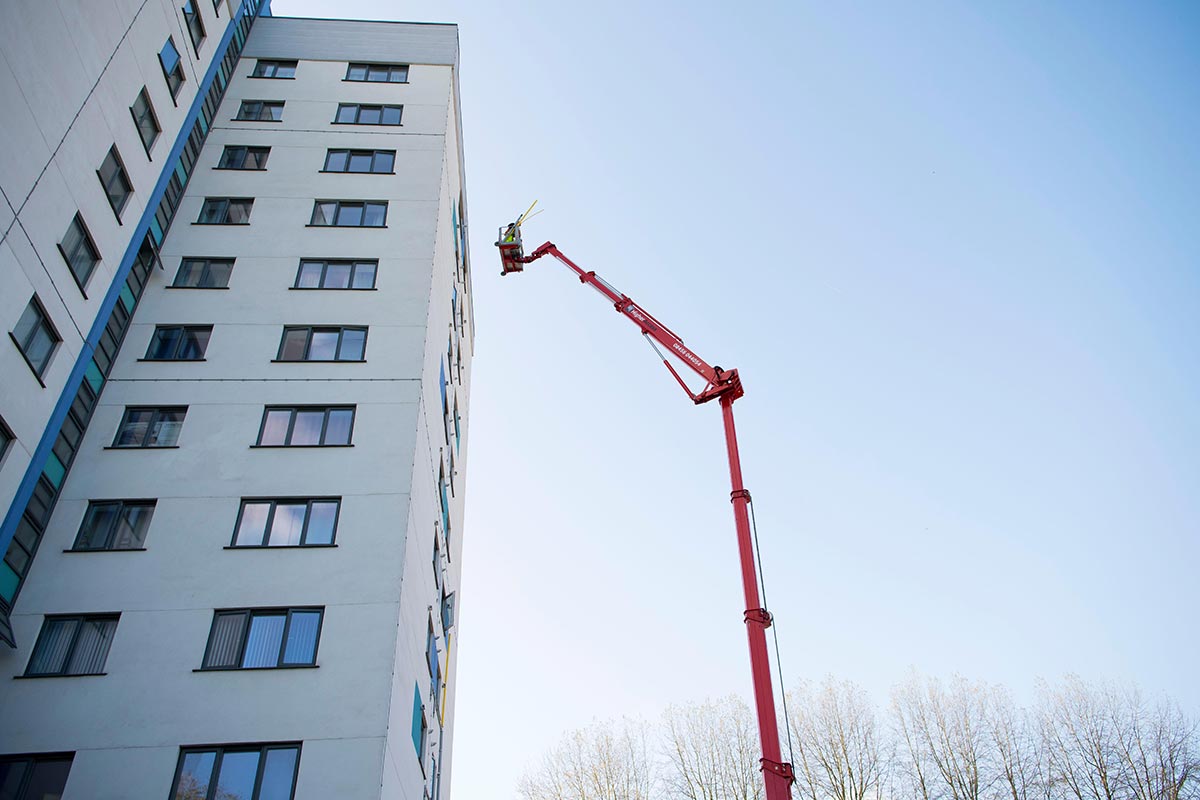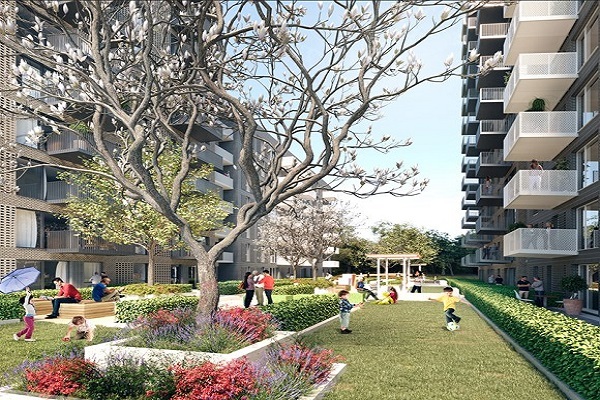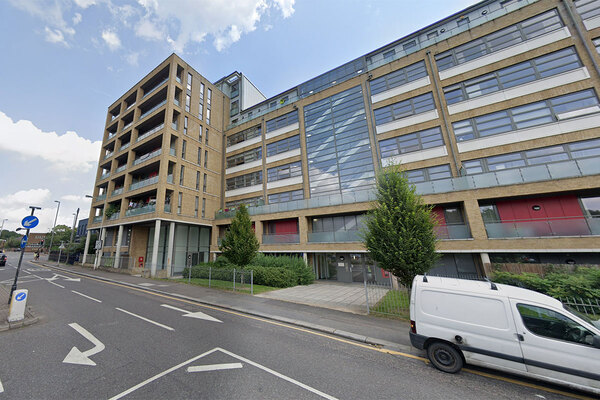You are viewing 1 of your 1 free articles
More than 40% of respondents claim landlords charge them for services that do not apply to their home or estate
New research by the Social Housing Action Campaign (SHAC) also revealed that almost 90% of respondents to a survey experienced charges they believe were too high for the services provided.
The research, which was published in collaboration with Find Others, the campaign group, surveyed the perception and impact of service charges among residents.
An analysis of the 570 responses to the research, which was conducted via an online survey, revealed that almost 90% of respondents experienced charges they believe were too high for the services provided.
More than 70% believed they had been charged for services that had not been provided to an acceptable standard, while 44% claimed they had been charged for a service that did not apply to them at all.
Around one-third of respondents said receipts or invoices were missing from their invoice packs, and more than 15% found duplicate invoices or receipts.
Service charges and the stress of trying to address inaccuracies were exacerbating physical health problems for 23% of respondents. This rose to 42% for disabled tenants and residents.
The survey also found that almost 40% found themselves facing increased debts or arrears as a result of the problems, although the impact was greater for shared owners (41%) compared with renters (32%).
The Levelling Up, Housing and Communities Committee has announced a new inquiry that will examine staircasing, reselling and the affordability of service charges.
There have also been a number of strikes over the past 12 to 18 months by residents who have refused to pay their service charges because of a series of long-standing issues, including incorrect charging and maintenance problems.
Just over a year ago, Inside Housing reported how a large G15 landlord sent a number of its tenants incorrect service charge estimates for this year after it experienced “organisation-wide” issues with setting its service charges.
Additional research by Find Others collated data from 276 housing association residents who had made statutory requests for information on service charges under the provisions of the Landlord and Tenant Act 1985.
This law gives leaseholders a legal right to receive a summary of charges (Section 21), and a pack of invoices and receipts (Section 22).
Those findings revealed that 40% of residents said they had received no response to their Section 21 requests for a summary of charges within the 30-day legal limit.
Of those who went on to make Section 22 requests for invoice packs, 40% received no response within the 30-day legal limit.
In total, Find Others said respondents to its survey had identified over £2m in overcharges to date.
SHAC previously described it as “staggering” that the government does not know how much it is paying to social landlords in service charges as part of the benefits bill.
As a result of the findings, SHAC and Find Others have recommended that the government introduce and enforce legislation to improve how service charges are administered.
Among those recommendations are the introduction of an external audit service-charge system using an accredited organisation.
They also recommended improved access to service charge invoice packs, making it a requirement that these are provided in alternative formats if requested, and standardised invoices and service charge packs, to enable scrutiny by tenants and residents.
SHAC and Find Others further recommended that the government provide much better access to justice and extend legal aid to housing issues, providing more community lawyers to take on housing cases.
Sign up for our asset management newsletter
Already have an account? Click here to manage your newsletters












